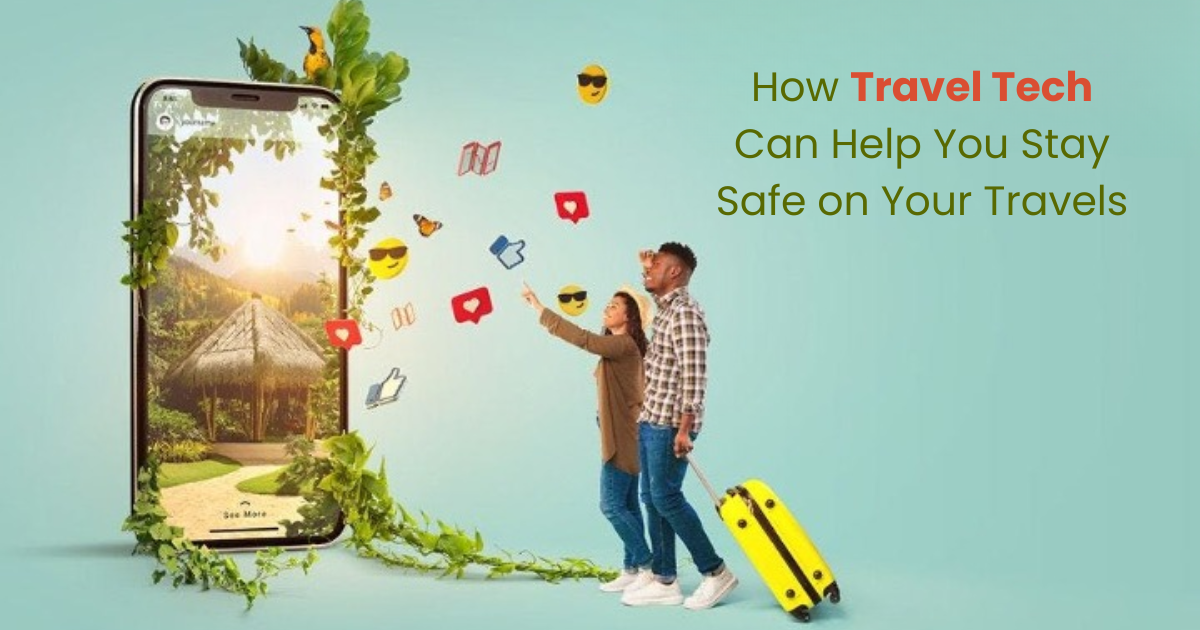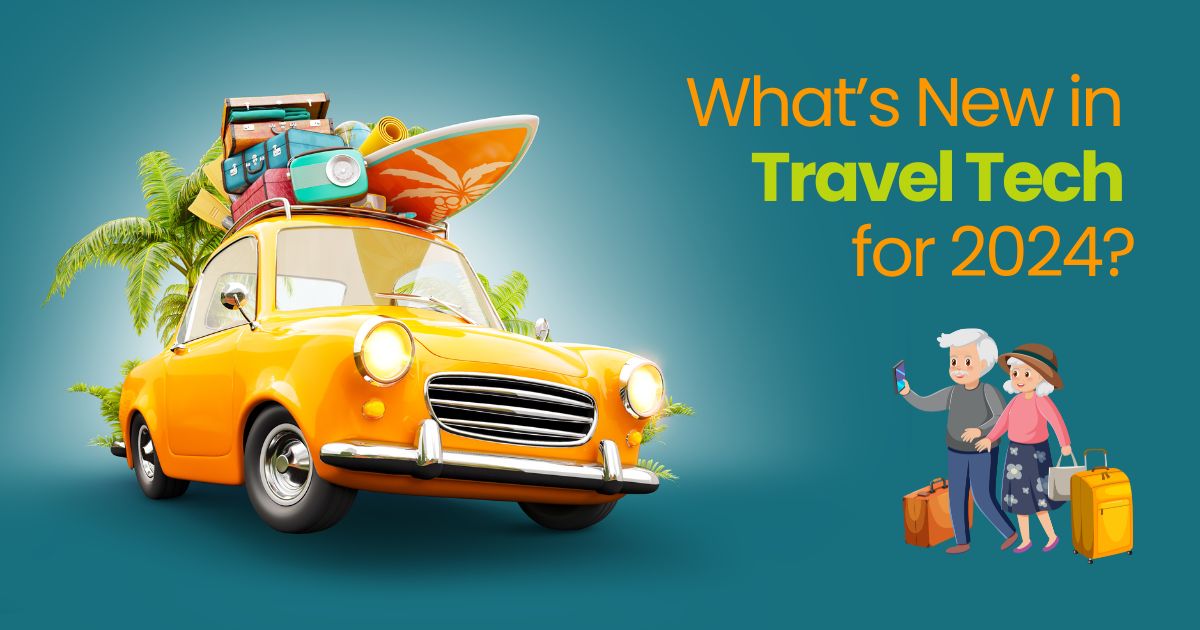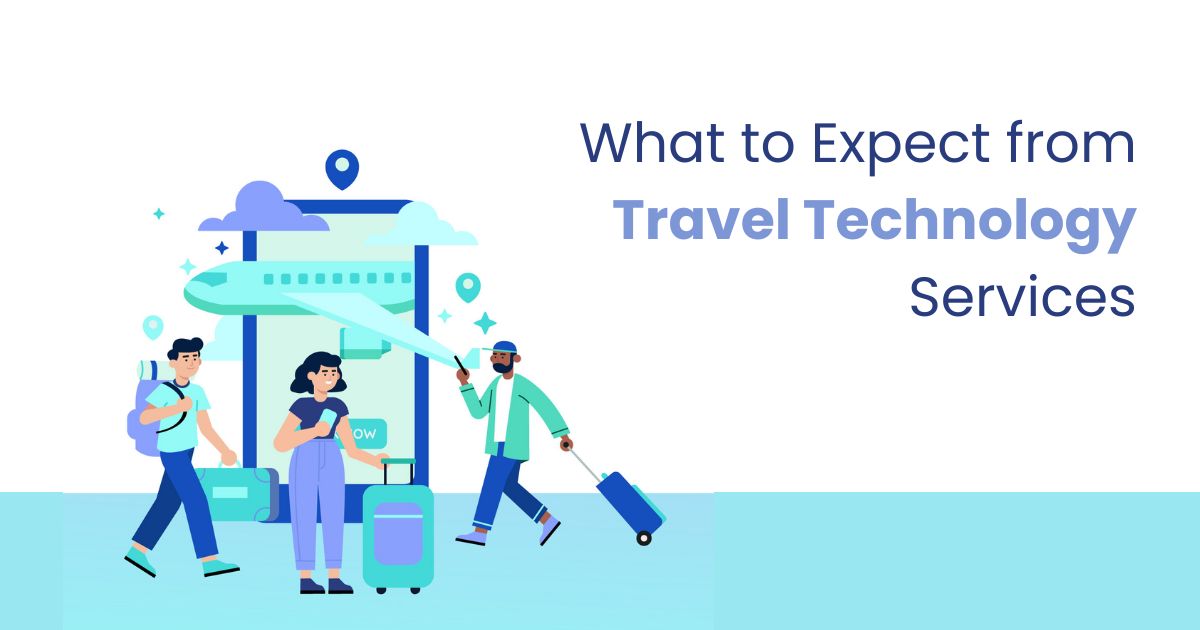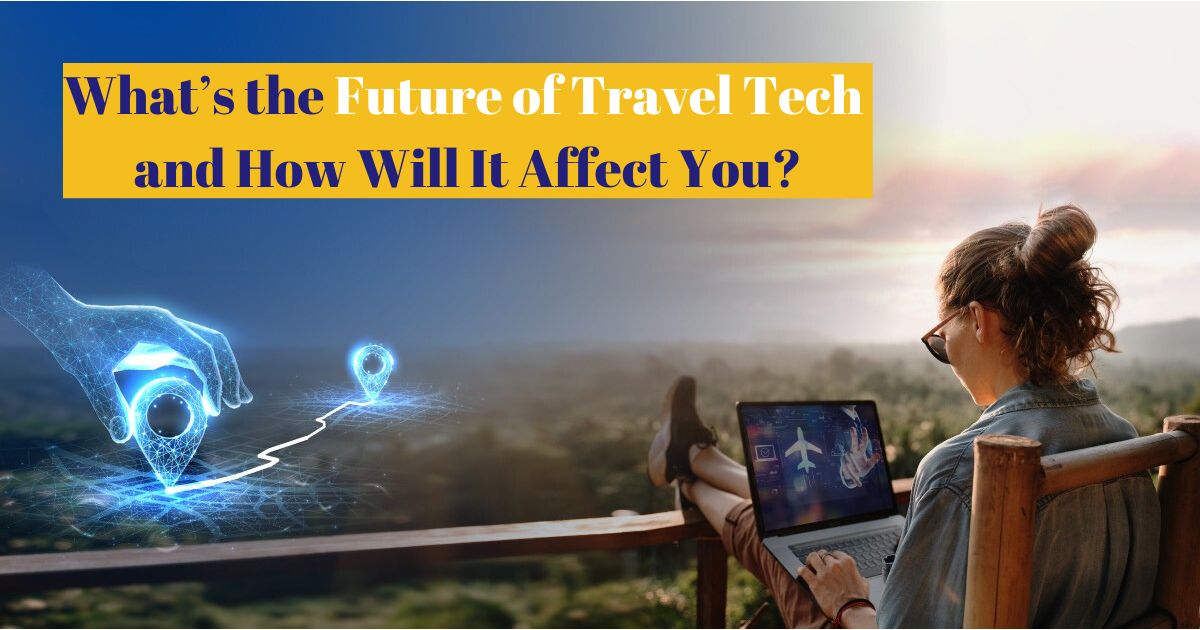The travel industry has always been at the forefront of adopting new technologies to enhance the customer experience. In 2024, the integration of advanced travel tech services is revolutionizing how people plan, book, and enjoy their journeys. From artificial intelligence (AI) and virtual reality (VR) to blockchain and Internet of Things (IoT), the convergence of these technologies is creating seamless, personalized, and more enjoyable travel experiences. This article delves into how these innovations are shaping the travel landscape, providing detailed insights into their impact on various aspects of travel.
Travel Technology Solutions: Enhancing Your Travel Journey with Advanced Technology SolutionsThe Rise of Artificial Intelligence in Travel
AI-Powered Personalization
One of the most significant contributions of AI in travel is the ability to offer highly personalized experiences. AI algorithms analyze vast amounts of data from past travel behaviors, preferences, and feedback to tailor recommendations for flights, accommodations, and activities.
- Personalized Itinerary Planning: AI tools can curate personalized itineraries by considering individual preferences, budget constraints, and historical data. This helps travelers to make the most of their trips without the hassle of extensive research.
- Dynamic Pricing Models: AI can optimize pricing strategies in real-time, offering the best possible prices based on demand, seasonality, and individual user profiles.
Virtual Assistants and Chatbots
AI-driven virtual assistants and chatbots have become essential tools for travelers, providing real-time support and information.
- 24/7 Customer Support: Chatbots offer immediate responses to queries about flight schedules, hotel bookings, and local attractions, significantly enhancing customer service.
- Language Translation: Advanced AI translation services help travelers communicate effectively in foreign countries, breaking down language barriers.
The Impact of Virtual Reality and Augmented Reality
Virtual Reality for Destination Exploration
Virtual Reality (VR) is transforming how travelers choose their destinations by providing immersive previews of various locations.
- Virtual Tours: Potential travelers can take virtual tours of hotels, tourist attractions, and cities. This immersive experience helps them make informed decisions about their travel plans.
- Enhanced Travel Planning: VR can simulate travel experiences, allowing travelers to explore different options and plan their itineraries with greater accuracy.
Augmented Reality for On-Trip Enhancements
Augmented Reality (AR) enhances the travel experience by overlaying digital information onto the real world.
- Interactive Guides: AR-powered mobile apps offer interactive guides for historical sites, museums, and city tours. Users can access detailed information by simply pointing their devices at points of interest.
- Language Assistance: AR can translate signs and menus in real-time, making navigation and dining in foreign countries easier.
Blockchain and Its Role in Secure Travel Transactions
Secure and Transparent Transactions
Blockchain technology offers enhanced security and transparency in travel transactions, addressing concerns related to fraud and data integrity.
- Decentralized Booking Platforms: Blockchain-based platforms facilitate secure and transparent booking processes, eliminating the need for intermediaries and reducing costs.
- Immutable Records: All transactions recorded on the blockchain are immutable, providing a reliable audit trail and reducing the risk of fraudulent activities.
Loyalty Programs and Digital Identity
Blockchain is also revolutionizing loyalty programs and digital identity management in the travel industry.
- Unified Loyalty Programs: Blockchain allows the integration of various loyalty programs into a single, decentralized system, enabling travelers to accumulate and redeem points across multiple providers.
- Secure Digital Identity: Blockchain-based digital identities streamline the check-in process at airports and hotels, ensuring a seamless and secure experience.
The Internet of Things (IoT) in Travel
Smart Airports and Enhanced Passenger Experience
IoT is transforming airports into smart hubs that enhance the passenger experience through connectivity and automation.
- Smart Luggage: IoT-enabled luggage can be tracked in real-time, reducing the risk of loss and theft. Travelers can also receive alerts about their luggage status via mobile apps.
- Automated Check-In and Security: IoT devices facilitate automated check-in processes and security screenings, reducing wait times and improving efficiency.
Smart Hotels and Personalized Stays
IoT is also making hotel stays more comfortable and personalized.
- Smart Rooms: IoT-enabled hotel rooms allow guests to control lighting, temperature, and entertainment systems through their smartphones or voice commands.
- Predictive Maintenance: IoT sensors in hotel rooms can monitor the condition of equipment and alert maintenance staff to potential issues before they affect guests.
Sustainable Travel Technologies
Green Energy Solutions
Sustainability is a growing concern in the travel industry, and technology is playing a crucial role in promoting eco-friendly practices.
- Electric and Hybrid Vehicles: The adoption of electric and hybrid vehicles for airport shuttles, rental cars, and local transportation reduces the carbon footprint of travel.
- Renewable Energy in Hotels: Many hotels are investing in renewable energy sources such as solar and wind power to reduce their environmental impact.
Sustainable Tourism Platforms
Tech-driven platforms are encouraging sustainable tourism by promoting eco-friendly travel options and responsible tourism practices.
- Eco-Friendly Accommodations: Online platforms highlight hotels and lodges that adhere to sustainable practices, helping travelers make environmentally conscious choices.
- Carbon Offset Programs: Digital tools allow travelers to calculate and offset their carbon emissions by contributing to environmental projects.
Mobile Technology and Its Influence on Travel
Mobile Apps for Travel Management
Mobile technology continues to be a game-changer in the travel industry, offering a range of apps that streamline various aspects of travel.
- Flight and Hotel Booking Apps: These apps allow travelers to compare prices, read reviews, and book flights and accommodations on the go.
- Travel Planning Apps: Mobile apps like TripIt and Google Trips help travelers organize their itineraries, store important documents, and receive real-time updates.
- Integrated Services: These apps integrate various services such as ride-hailing, food delivery, and local guides, providing a seamless travel experience.
- Personalized Recommendations: Super apps leverage AI and big data to provide personalized recommendations based on user preferences and past behaviors.
Contactless Payments and Digital Wallets
The rise of contactless payments and digital wallets has made financial transactions during travel more convenient and secure.
- Mobile Payment Solutions: Travelers can use mobile payment solutions like Apple Pay, Google Wallet, and Samsung Pay to make purchases without carrying physical cash or cards.
- Foreign Currency Management: Digital wallets and multi-currency cards simplify currency exchange and enable seamless transactions in different countries.
Biometric Technology for Enhanced Security and Convenience
Biometric Authentication
Biometric technology is improving security and convenience in travel through advanced authentication methods.
- Facial Recognition: Airports and airlines are implementing facial recognition technology for check-in, boarding, and security checks, reducing wait times and enhancing security.
- Fingerprint and Iris Scanning: Hotels and rental car agencies are adopting fingerprint and iris scanning for secure and efficient check-ins and rentals.
The Role of Big Data and Analytics
Predictive Analytics for Demand Forecasting
Big data and analytics are providing valuable insights into travel trends and behaviors, enabling more accurate demand forecasting.
- Optimizing Resources: Airlines and hotels can use predictive analytics to optimize their resources, ensuring they meet demand without overbooking or underutilizing their capacity.
- Targeted Marketing: Travel companies can analyze customer data to create targeted marketing campaigns, offering personalized promotions and discounts.
Enhancing Customer Experience
Big data is also enhancing the customer experience by providing deeper insights into traveler preferences and behaviors.
- Personalized Services: By analyzing data from various touchpoints, travel companies can offer personalized services such as room upgrades, special amenities, and customized travel packages.
- Real-Time Feedback: Big data enables real-time feedback collection and analysis, allowing travel providers to address issues promptly and improve service quality.
Conclusion
The travel industry in 2024 is being profoundly transformed by the integration of advanced technologies. From AI and VR to blockchain and IoT, these innovations are enhancing every aspect of the travel experience, making it more personalized, secure, and convenient. As technology continues to evolve, the future of travel looks increasingly promising, with endless possibilities for creating memorable and seamless journeys for travelers worldwide.
The convergence of these technologies not only benefits travelers but also helps travel providers optimize their operations, improve customer service, and promote sustainable practices. As we look ahead, the continued adoption and innovation in travel tech will undoubtedly shape the future of travel, offering exciting opportunities for both travelers and the industry as a whole.










